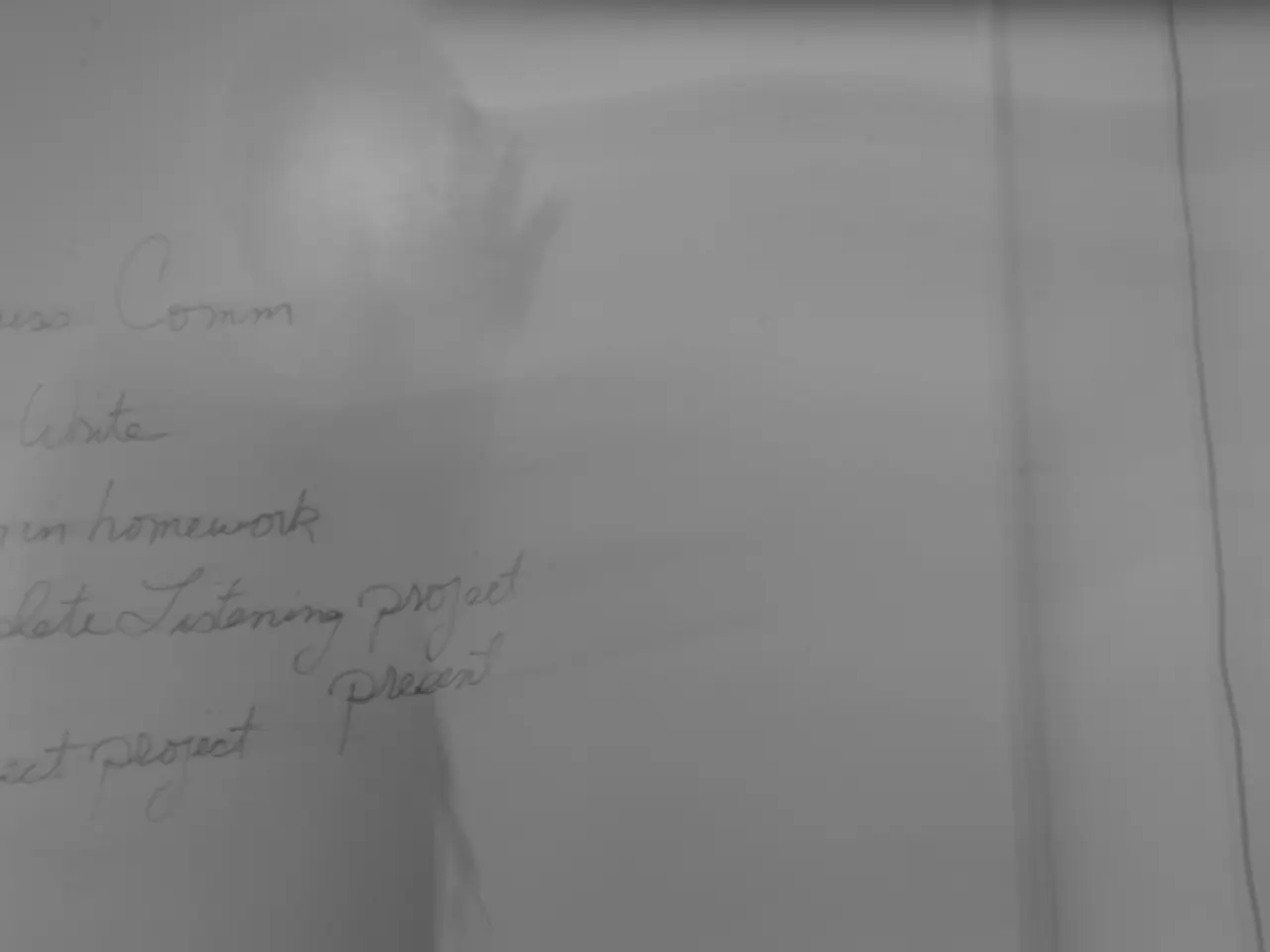CDC and NIH Hit by Wave of Resignations and Firing of Prominent Scientist
A wave of resignations and dismissals has hit the Centers for Disease Control and Prevention (CDC) and the National Institutes of Health (NIH) in late August. The shake-up began with the removal of CDC director Susan Monarez, leading to the departure of several senior officials. Meanwhile, at the NIH, Dr. Jeanne Marrazzo, a prominent vaccine and infectious disease scientist, was fired by Health Secretary Robert F. Kennedy Jr. after filing a whistleblower complaint against the Trump administration.
Dr. Marrazzo's termination follows a series of events that began in March when she was placed on administrative leave after objecting to actions by the Trump administration that she believed put research subjects at risk and defied court orders. Her lawyer, Debra S. Katz, has since stated that the firing was retaliatory, a result of Dr. Marrazzo's advocacy for safe and effective health insurance.
Dr. Marrazzo's dismissal is part of a broader trend under the Trump administration, which has been criticised for clamping down on government scientists and environmental experts who raised alarms about new policies. This is the latest in a series of steps taken against such scientists, further thinning the ranks of vaccine and infectious disease experts working under the administration.
The recent events at the CDC and NIH have raised concerns about the commitment to scientific integrity and public health. Dr. Marrazzo urged Congress to act, highlighting the need for protection against retaliation for whistleblowers. As the COVID-19 pandemic continues, the loss of experienced scientists like Dr. Marrazzo could have significant implications for the nation's health and the development of effective vaccines.






